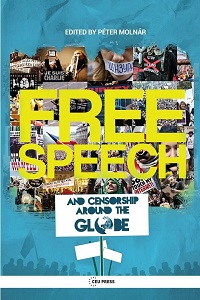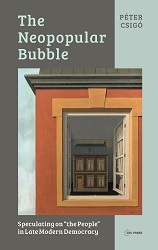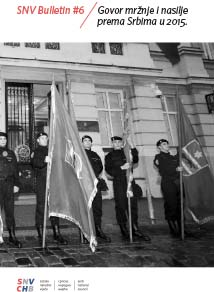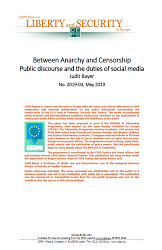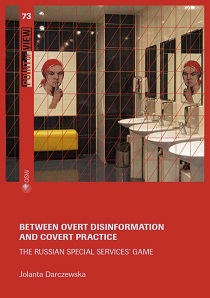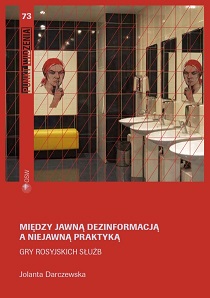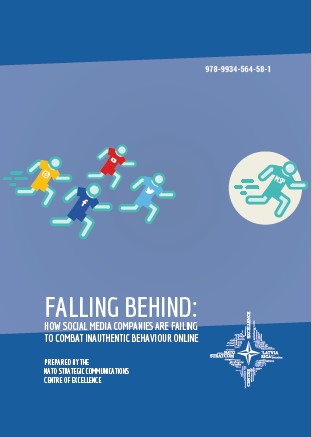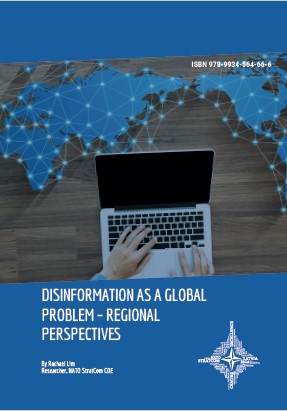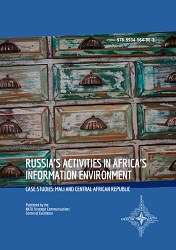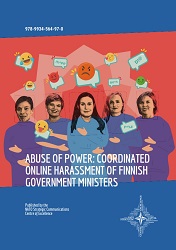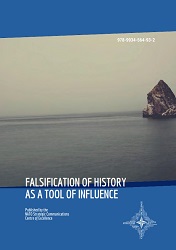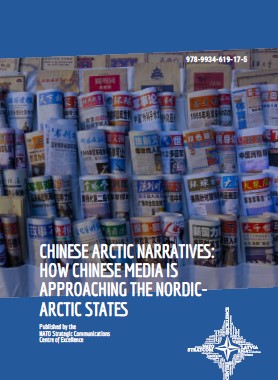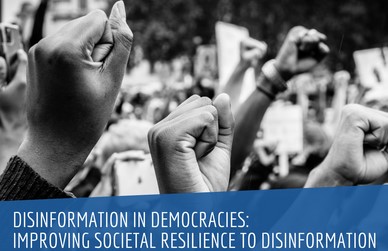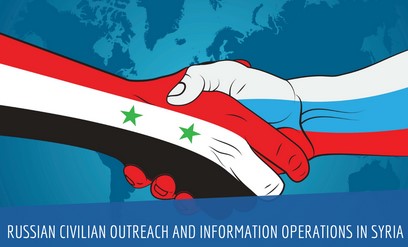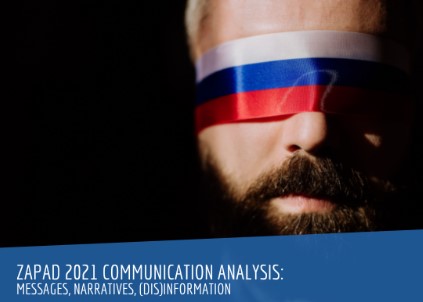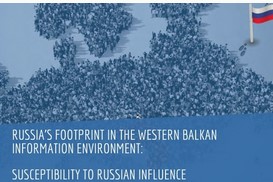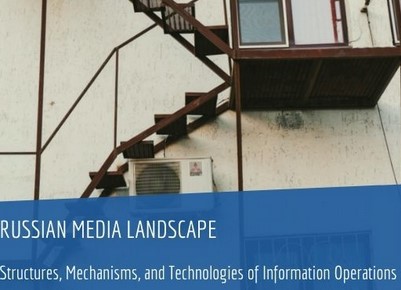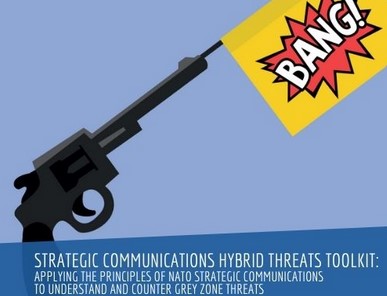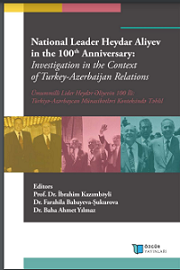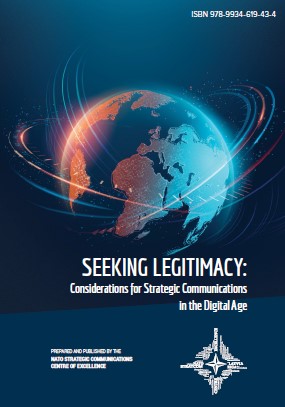Author(s): / Language(s): Turkish,English,Azerbaijani
Tarixin ixtiyarı dövrlərində hər bir xalqın tarixi taleyində şəxsiyyətlərin, liderlərin rolu əvəzsizdir. Azərbaycan xalqının tarixi talehinin XX yüzilin son 30 ilinə və XXI yüzilin əvvəlinə təsadüf edən tarixi və taleyi ümummilli lider Heydər Əliyev şəxsiyyəti və onun əzəmətli ideyaları üzərində qərar tutur. Türkiyə - Azərbaycan dostluğunun-qardaşlığının tarixi kökləri, mədəni bağlarının tarixi qədimdir. Azərbaycan ikinci dəfə öz müstəqilliyini bərpa etdikdən sonra, xüsusilə Heydər Əliyevin 1993-cü ilin iyununda ikinci dəfə siyasi hakimiyyətə qayıdışından sonra Azərbaycanın beynəlxalq münasibətlər sistemində özünəməxsus yer tutmasında və dünya siyasi proseslərinə inteqrasiyasında balanslaşdırılmış, düşünülmüş bir sistem formalaşdırıldı. Türkiyə Cümhuriyyəti ilə münasibətlərin daha yüksək səviyyədə və etibarlı təməllər üzərində qurulmasına çox böyük önəm verməsi idi. Heydər Əliyev ölkəmizin Türkiyə ilə münasibətlərə necə böyük önəm verdiyini ilk günlərdən bəyan edərək deyirdi ki, bizim ölkəmiz-Türkiyə Cümhuriyyəti və Azərbaycan Respublikası dost-qardaş ölkələridir. Xalqlarımızın birliyi, qardaşlığı və dostluğu əsrlərdən- əsrlərə keçərkən formalaşmış və yeni mərhələsinə çatmışdır. Həm XX yüzilin əvvəllərində həm də sonunda Azərbaycanın müstəqilliyini ilk dəfə Türkiyə tanımışdır. Böyük öndər Mustafa Kamal Atatürkün: “Azərbaycanın sevincisevincimiz, kədəri- kədərimizdir”. Ulu öndər Heydər Əliyevin: “Bir millət, iki dövlət” tezisləri milli-mənəvi dəyərlərimizin tarixən, ortaqlığını, xalqlarımızın mədəniyyətinin, incəsənətinin, musiqisinin, bütövlükdə mənəvi dünyasının bir-biri ilə təbii tarixi qarşılıqlı əlaqədə olduğunu da əks etdirir. Müstəqil dövlətçiliyimizi möhkəm dayaqlar üzərində qurub yaratmaqla yanaşı, Heydər Əliyev azərbaycançılıq ideyasını da dövlətçilik müstəvisinə gətirib onu milli məfkurəyə çevirdi. Qeyd edək ki, Heydər Əliyevin irəli sürdüyü azərbaycançılıq məfkurəsi heç də ümumtürk mənsubiyyətini inkar etmirdi, əksinə türkçülüyün müxtəlif coğrafi-siyasi mənalarda özünəməxsus milli formada, vətən və milli dövlət müstəvisində yeni mənzərəsini ortaya qoyurdu. Hal-hazırda Azərbaycan Respublikası ilə Türkiyə Cümhuriyyəti arasında əsası Ulu Öndər Heydər Əliyev tərəfindən qoyulmuş qardaşlıq münasibətləri özünün ən yüksək mərhələsindədir. Bu isə Prezident İlham Əliyevin və Türkiyə Cümhuriyyətinin prezidenti Rəcəb Tayyib Ərdoğanın müdrik və uzaqgörən siyasətinin birbaşa nəticəsidir. Azərbaycan ikinci Qarabağ savaşında da qardaş Türkiyənin mənəvi dəstəyini heç bir zaman unutmayacaq. Azərbaycan-Türkiyə münasibətləri zamanın çətin sınaqlarından keçərək, öz doğruluğunu, zəruriliyini, gərəkliyini, perspektivliyini, həyatiliyini nümayiş etdirməklə etnik kökləri, dili və mənəviyyatı, adət-ənənələri bir olan xalqlarımızın birliyinin və birlikdə inkişaf və tərəqqisinin təməl daşıdır. Ulu öndərin hər zaman qeyd etdiyi, Azərbaycan-Türkiyə dostluğu və qardaşlığı sarsılmazdır, əbədidir və xalqlarımızın qarşılıqlı inkişafı və tərəqqisinin hərəkətverici qüvvəsidir. Bu toplunun hazırlanmasının təşəbbüskarları, kitabda yazısı olan həmkarlarımızın da əməyi yüksək dəyərləndirilməlidir.
More...
